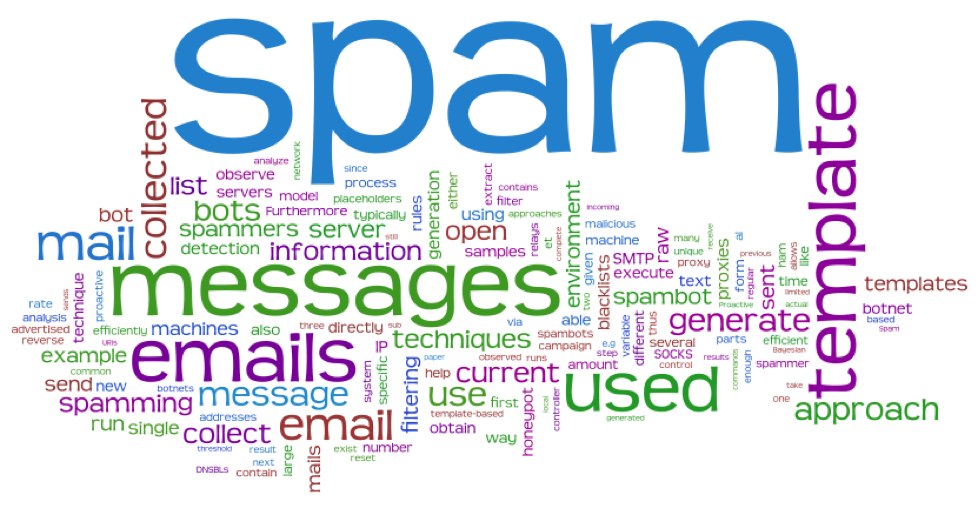
In the context of computing, spoofing can relate to a number of things, with nearly all concerning forgery and malicious intent.
IP address spoofing involves the creation of IP packets with a forged IP address in order to conceal the sender's identity or to impersonate another computer system. IP spoofing is most often used in denial-of-service attacks because it can hide the true source of attack as well as making filtering more difficult.
Email spoofing is when emails are created using a forged sender address. Email spoofing is commonly used as a phishing technique in order to make an email look like it has come from a legitimate source. Spam and worms also make use of spoofing, using the credible forged addresses to lure people to open and click malicious emails.
Website spoofing, SMS spoofing and protocol spoofing are all different types of spoofing methods – all deceiving individuals and businesses through forged credentials.






